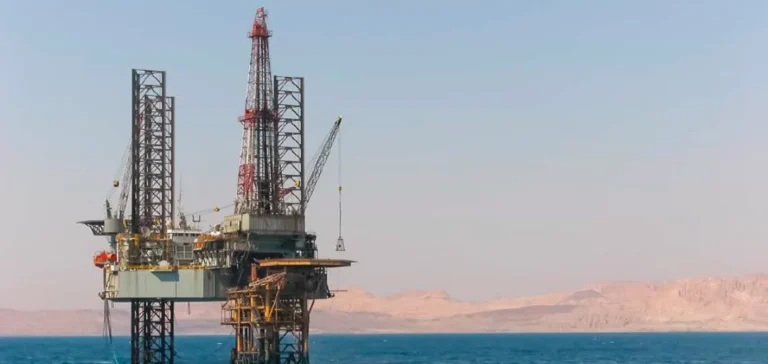Egypt will drill 480 new oil and gas exploration wells over the next five years, with total investments surpassing $5.7bn, announced Minister of Petroleum and Mineral Resources Karim Badawi. The announcement was made during a speech at the World Energies Summit in London, marking a significant scale-up in the country’s upstream activity.
Accelerated drilling to begin in 2026
Of the planned 480 wells, 101 are scheduled for drilling in 2026. The operations will be distributed across Egypt’s main petroleum regions: 67 wells in the Western Desert, 14 in the Mediterranean, 9 in the Gulf of Suez, and 6 in the Nile Delta. This intensive campaign follows the introduction of new incentives that led to 21 exploration agreements being signed with international companies, totalling $1.1bn in investment.
A total of 300 wells have already been brought into production during the same period. This momentum reversed a long-standing decline in natural gas production, which saw an upturn for the first time in years in August 2025.
Rising demand and capacity pressure
According to ministry figures, domestic demand for natural gas rose by 14% in 2025. Meanwhile, production dropped by 25% over the past two years. To address the imbalance, Egypt expanded its upstream operations and secured four floating storage and regasification units at Ain Sokhna and Damietta ports.
Alongside public sector efforts, several international companies reaffirmed their investment plans. Eni will invest $8bn over five years, while bp is allocating $5bn to new exploration activities. Additionally, four new exploration agreements were signed with Eni, Shell, and Arcius Energy, with a combined value exceeding $340mn.
Digital and seismic infrastructure projects
The minister highlighted the role of the Egypt Upstream Gateway (EUG) digital platform in accelerating investment decisions and granting access to comprehensive geophysical data. New seismic exploration projects were also announced, including a major offshore survey in the Eastern Mediterranean led by the Egyptian Natural Gas Holding Company (EGAS) in partnership with the Schlumberger–Veridien alliance. Further seismic activities are underway in the Western Desert and the Gulf of Suez.
Petrochemicals and industrial substitution
The Egyptian government is also investing in the petrochemical sector to strengthen its industrial self-sufficiency. A National Petrochemicals Plan has been finalised, outlining development through 2040. The sector’s export value reached $2.4bn in 2025, with a target of $4.2bn by 2030.
Ten major petrochemical projects are under development, expected to add seven million tonnes of annual production capacity and introduce 20 new products to the local market. These projects are estimated to save the Egyptian economy $8bn in import costs. Key initiatives include the $7bn Alamein Petrochemicals Complex, focused on derivatives for the automotive, construction, and packaging industries; a large ethylene and polyethylene complex in Alexandria; and a soda ash plant in New Alamein, designed to eliminate 450,000 tonnes of soda ash imports annually.






















